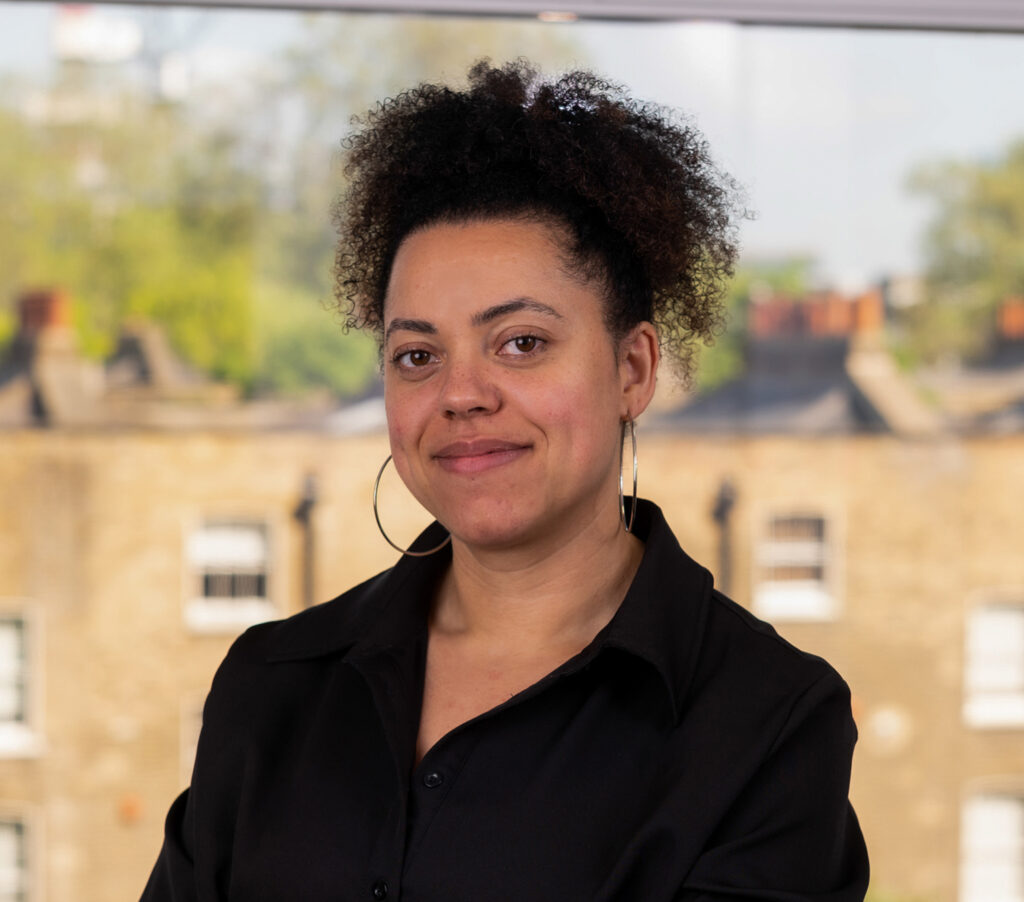On 22-23 November 2022, Lord Reed, Lord Lloyd-Jones, Lord Sales, Lord Stephens and Lady Rose of the Supreme Court will hear the case of Jacqueline Maguire v HM Senior Coroner for Blackpool and Fylde.
Jacqueline, known as Jackie, was disabled, had Down Syndrome and lived in a residential care home under a Deprivation of Liberty Safeguards (DoLS) Order, when she died.
The Supreme Court will determine whether Jackie’s death engaged the state’s obligation to protect life under Article 2 (right to life) of the European Convention on Human Rights (ECHR). Thereby requiring the inquest jury to make findings regarding the circumstances under which she died.
Muriel Maguire, Jackie’s mother, commented ahead of the hearing:
Five years have passed since my daughter Jackie died. My family and I miss her so much. We are still struggling to come to terms with the awful way she died, let down by so many people, who were entrusted with her care. I am certain that if the jury at Jackie’s inquest had been allowed to comment on the wider circumstances surrounding her death, they would have been critical of the care she received and made findings that fully reflected what happened to her. They were denied this opportunity by the coroner. I pray that the outcome of this hearing at the Supreme Court will get justice for Jackie and all those vulnerable people, who do not have the mental capacity to act in their own best interests, those with no voice.
Background
Jackie died on 22 February 2017 of a perforated gastric ulcer, consequent peritonitis and pneumonia. She was 52 years old.
Jackie had been living in a residential placement for adults with learning difficulties in Blackpool since 1993. She lacked capacity to make everyday decisions affecting her living arrangements and healthcare. She was under constant supervision and deprived of her liberty pursuant to a standard deprivation authorisation granted by Blackpool City Council under the Mental Capacity Act (MCA) 2005.
In the week before Jackie’s death, she suffered from digestive symptoms, a sore throat and limited appetite. On the day before her death, Jackie was acutely unwell. Jackie’s GP and NHS 111 were called by staff at the residential care home. An ambulance crew attended in the evening but left after Jackie refused to attend hospital.
The next morning Jackie’s condition had worsened. An ambulance was called, and she was admitted to hospital. Tests showed Jackie to be severely dehydrated, with kidney failure and metabolic acidosis. Later in the evening, she suffered a cardiac arrest and died.
Procedural History
An inquest into Jackie’s death took place between 20 June and 2 July 2018 before HM Senior Coroner for Blackpool and Fylde. At the conclusion of the evidence, the coroner determined that Jackie’s death did not engage the state’s positive obligations to protect life under Article 2 ECHR. As a result, the jury only considered ‘how’ Jackie died and not under ‘what circumstances’ she died. The jury, therefore, returned a short narrative conclusion that Jackie died of natural causes.
Jackie’s mother, Muriel Maguire, therefore brought judicial review proceedings regarding the coroner’s decision that Article 2 was not engaged. Both the High Court and Court of Appeal dismissed the claim. Permission to appeal was granted by the Supreme Court on 23 February 2022. Jackie’s case will now be heard over 1.5 days on 22-23 November 2022.
Muriel Maguire is represented by partner Jules Carey and solicitor Joanna Bennett of Bindmans LLP, with Counsel Jenni Richards KC and Nicola Kohn from 39 Essex Chambers.
The Equality & Human Rights Commission (EHRC) and MIND have recently been granted permission to intervene in the Supreme Court.

